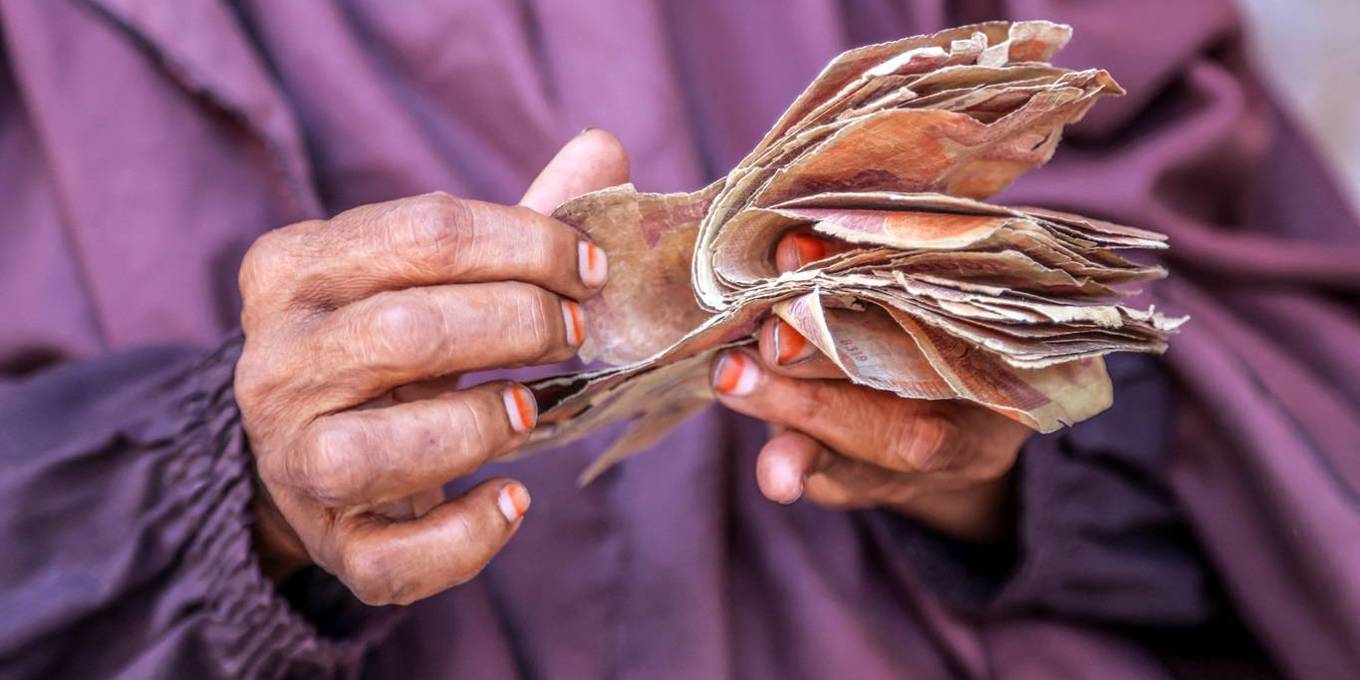
African countries’ large and growing debt burdens have become a major obstacle to poverty reduction. Western countries must stop exacerbating the continent’s problems and offer debt relief by substituting grants for loans and forcing private lenders to settle sovereign-debt disputes in borrower-country courts.
CAMBRIDGE – How long can the complacent West continue to ignore Africa’s sovereign-debt crisis? As African countries grapple with unsustainable debt burdens, restructuring negotiations with Western governments and multilateral institutions such as the International Monetary Fund have stalled. While forgiveness is essential, it is important to bear in mind that a significant share of Africa’s foreign debt is held by private lenders and China, neither of which has shown much willingness to offer relief.
- The Climate-Conflict Nexus
 Getty Images
Getty Images - Escaping the New Gilded Age
 Theo Wargo/WireImage
Theo Wargo/WireImage - China’s Economic Paradox
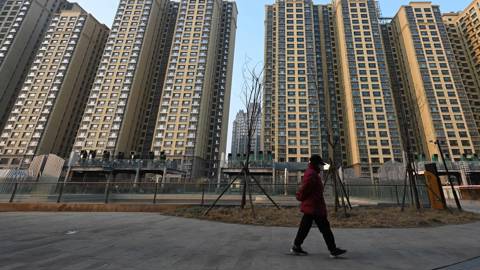 GREG BAKER/AFP via Getty Images
GREG BAKER/AFP via Getty Images
Free to read
With nearly 400 million people living in extreme poverty, Africa’s growing debt-servicing burden has become a major obstacle to poverty reduction, as rising costs are compounded by wars, regional conflicts, climate disasters, and a sluggish global economy. The continent’s population, currently at 1.5 billion, is projected to reach 2.5 billion by 2050. It is unlikely that young Africans, who need only look at their smartphones to see that other countries can offer better opportunities, will quietly accept their circumstances for much longer.
Given this reality, it is naive to think that the West can remain indefinitely insulated from the fallout of Africa’s violent conflicts and economic crises. Whether through rising immigration, terrorism, or proxy wars over the continent’s vast natural resources, the consequences will inevitably spill over to the developed world.
So, what can be done? Ultimately, African countries must grow their way out of debt, as East Asia has done and as countries in South Asia – particularly India – are beginning to do. Just as Asian economies once followed Japan’s economic model, Africa needs a few success stories to set an example for the rest of the continent.
But such a shift will take years. In the meantime, foreign-aid programs must be overhauled, focusing on grants rather than development loans. Africa’s green transition alone requires at least $100 billion annually, including the vital task of providing electricity to the 600 million Africans who still lack access. If the United States can spend $1 trillion on green projects that will likely have only limited effectiveness, it should be able to direct a portion of that investment to Africa, where its impact could be far greater.
The aim must be to prevent African countries’ debt from spiraling out of control. To this end, Western governments should also introduce legal reforms that bar enforcement of sovereign-debt contracts in developed-country courts. Forcing private lenders to rely on the legal systems of debtor countries would incentivize prospective sovereign borrowers to strengthen their legal and financial systems to gain lenders’ trust. Countries with less-developed institutions would need more time, making grants essential to bridging the gap in the short term.
Secure your copy of PS Quarterly: The Climate Crucible 
Secure your copy of PS Quarterly: The Climate Crucible
The newest issue of our magazine, PS Quarterly: The Climate Crucible, is here. To gain digital access to all of the magazine’s content, and receive your print copy, subscribe to PS Premium now.
Subscribe Now
While this proposal may seem harsh, it reflects an uncomfortable reality: borrowing from private foreign lenders has often been a mixed blessing for developing countries, especially those in Latin America and Asia. This is partly because most developing-country governments, even when not corrupt, pursue short-sighted borrowing strategies, taking on debt that poses unnecessary risks to their populations.
Time and again, debt crises have derailed development efforts. In his 2002 book Globalization and Its Discontents, Nobel laureate economist Joseph E. Stiglitz attributes this pattern to the conduct of international financial institutions. But the real problem is a legal system that allows foreign lenders to wield disproportionate power by suing defaulting borrowers in New York and London. Far too often, the IMF is left to clean up the mess.
This is why, as early as 1990, Stanford economist Jeremy Bulow and I argued that debt disputes should move to borrower-country courts. While the IMF’s proposal for a sovereign-debt bankruptcy mechanism could be seen as a step in the right direction, it faces resistance from lenders that rightly assume the Fund would be more sympathetic to borrowers than the New York courts would be. Some emerging-market governments also oppose this idea, fearing that it would limit their ability to secure foreign loans.
But that is exactly the point. Latin America’s experience with foreign debt shows that recurring crises often outweigh the short-term benefits of borrowing. In recent years, most middle-income emerging markets have managed to mitigate default crises by adjudicating sovereign-debt disputes in their own courts, with Argentina being a notable exception.
African countries must adopt a similar approach and move toward local jurisdiction over debt contracts. Transitional financing should ideally come from outright grants, much like the Marshall Plan did for postwar Europe. But the shift from development loans to grants must be far-reaching, reshaping the World Bank’s framework for funding projects into a grant-based system.
To be sure, this will require a substantial financial commitment, and any genuine solution to the continent’s debt crisis would need to bring China on board. At the very least, the West must curtail lending modalities that exacerbate Africa’s already dire economic situation.

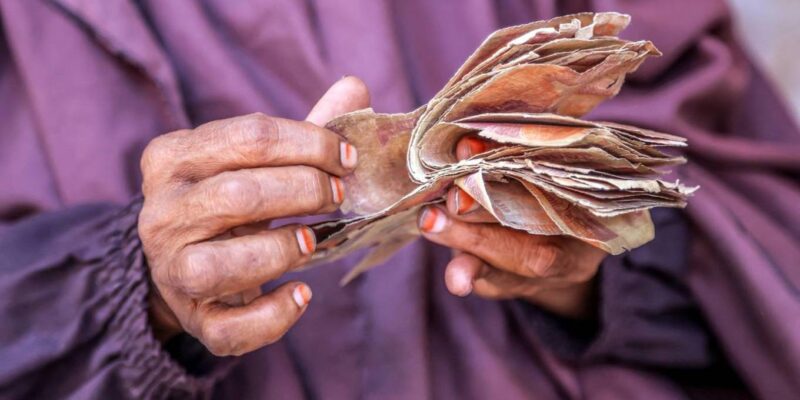
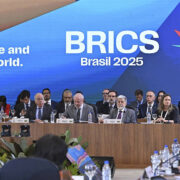

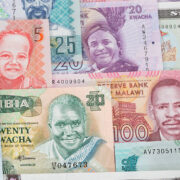



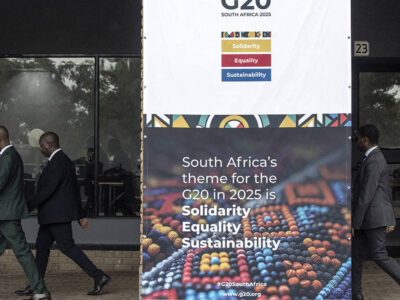


Comments